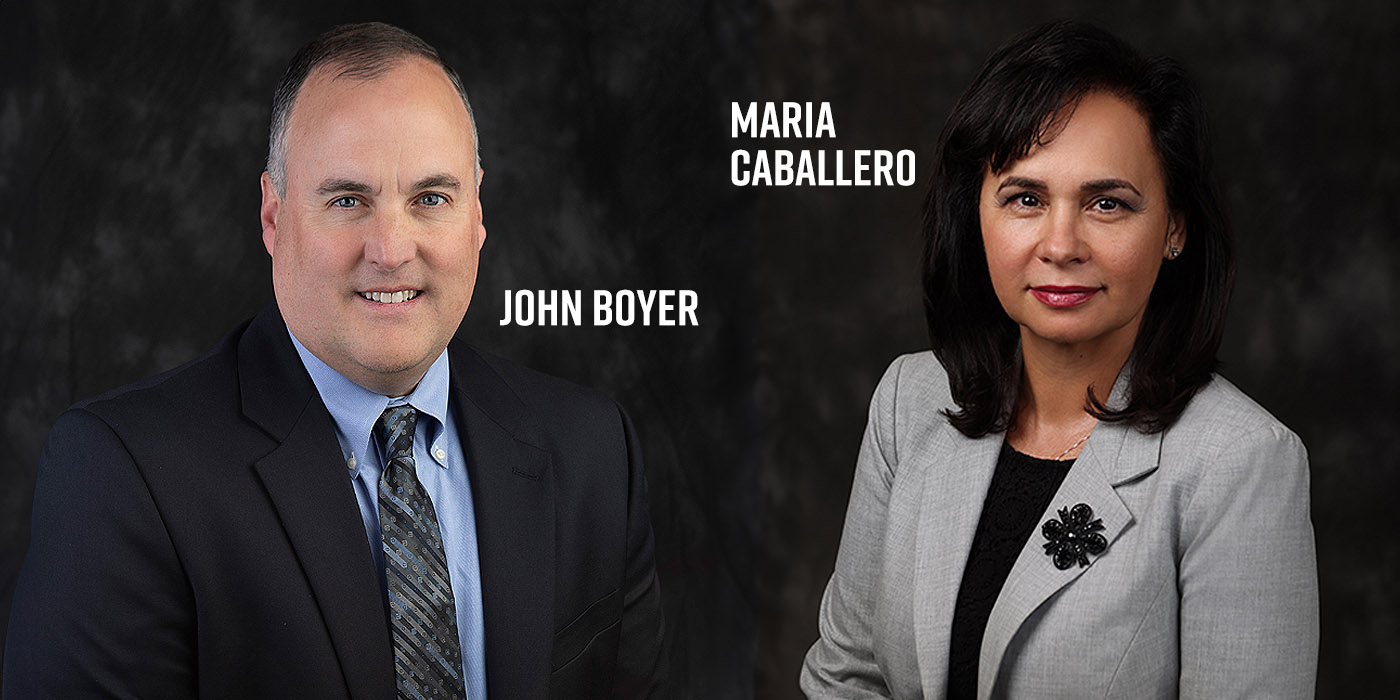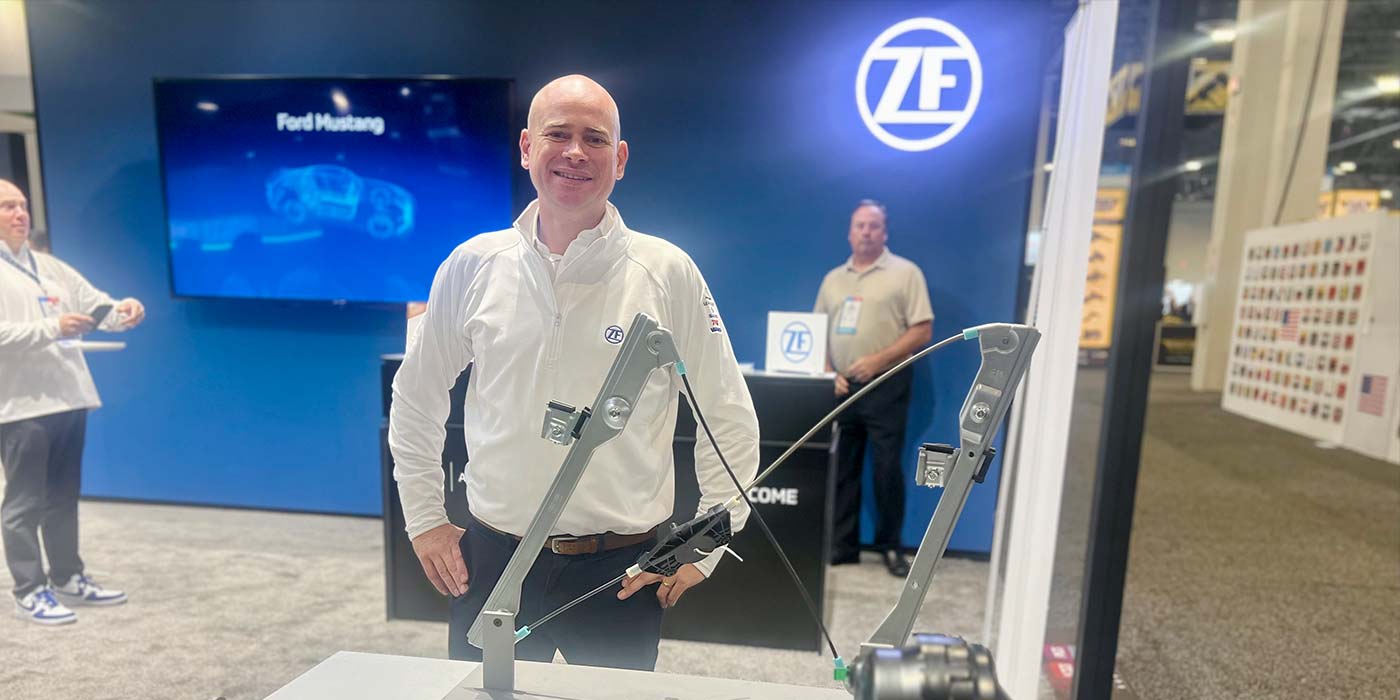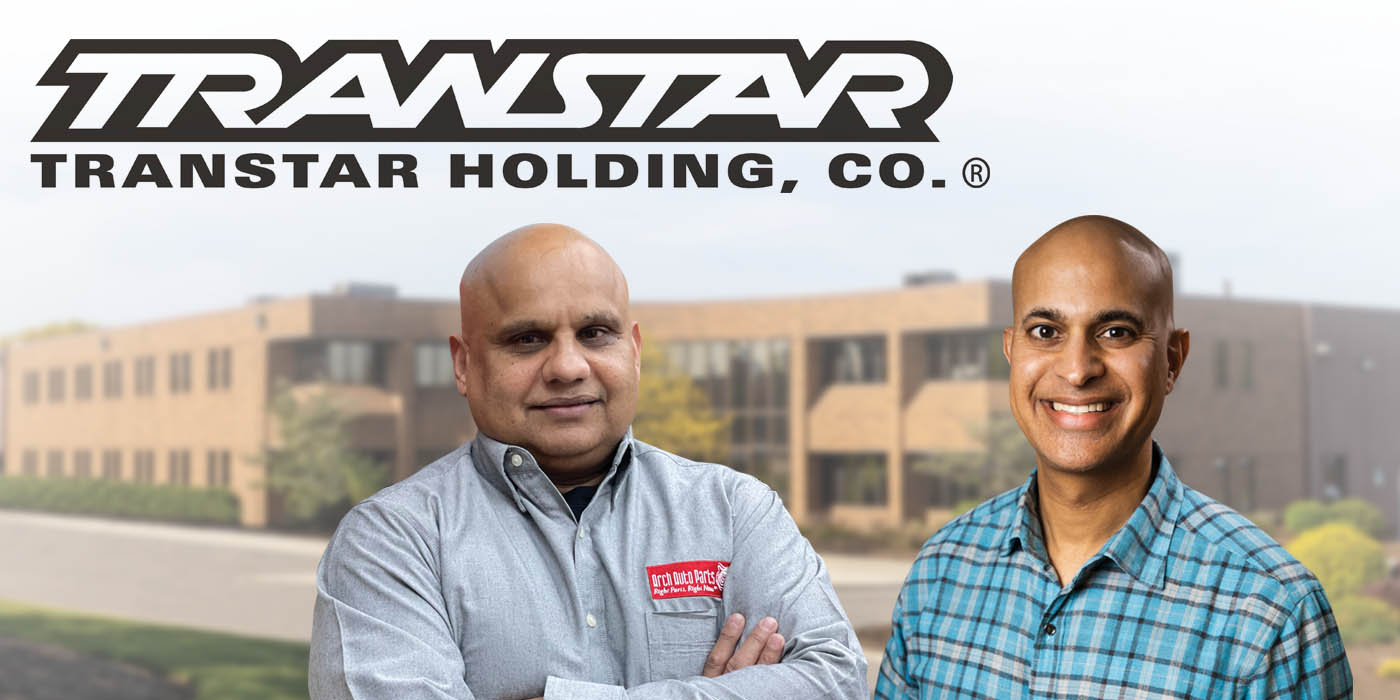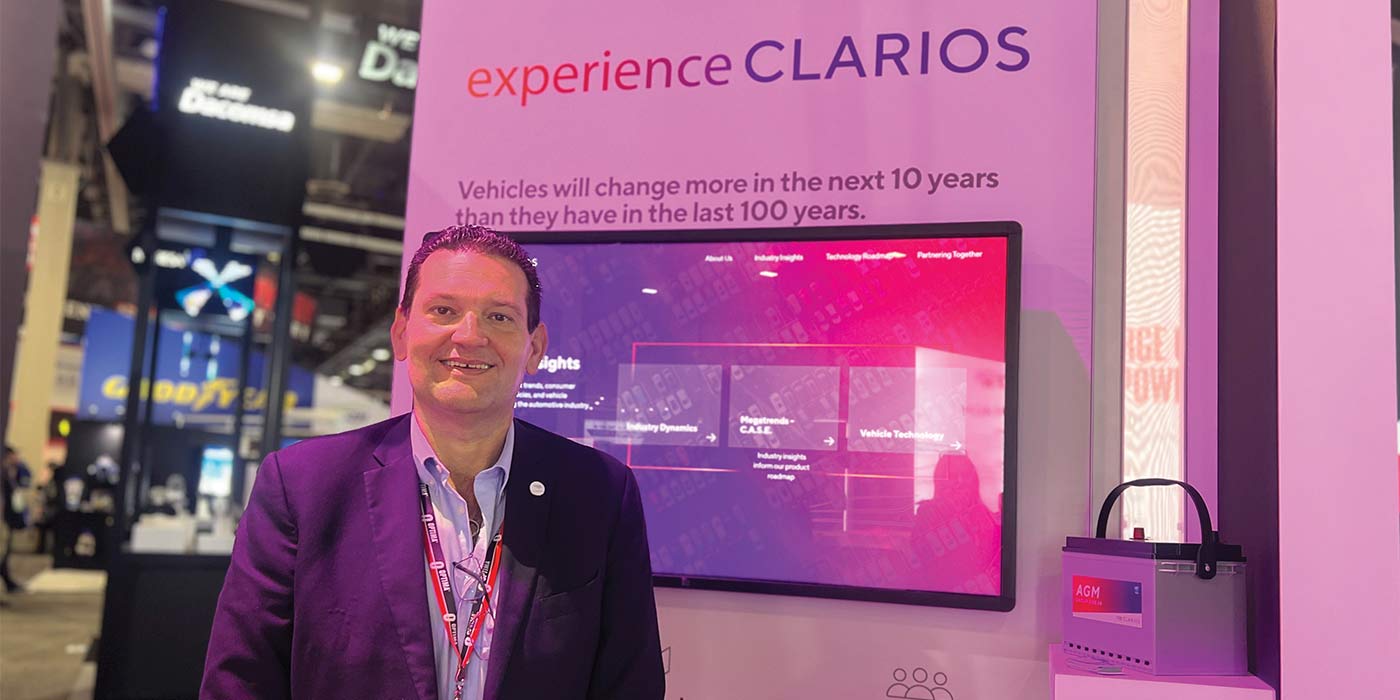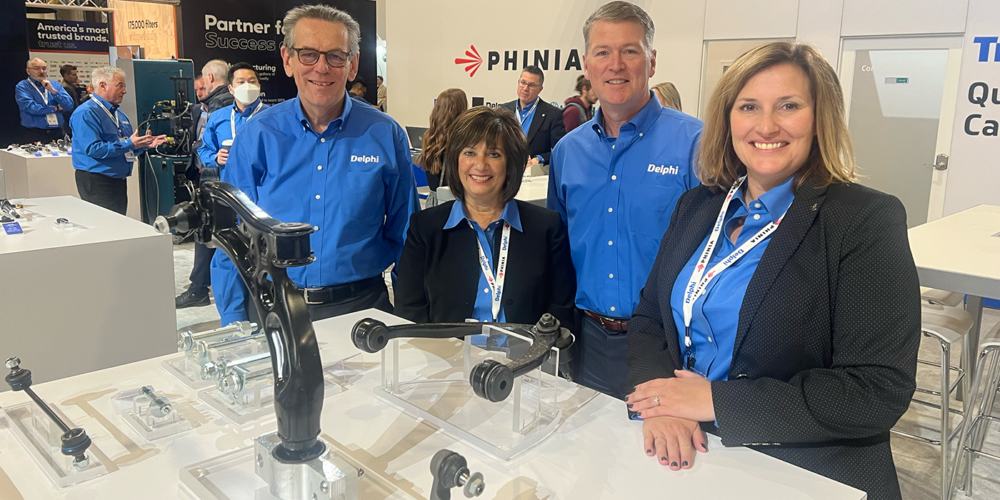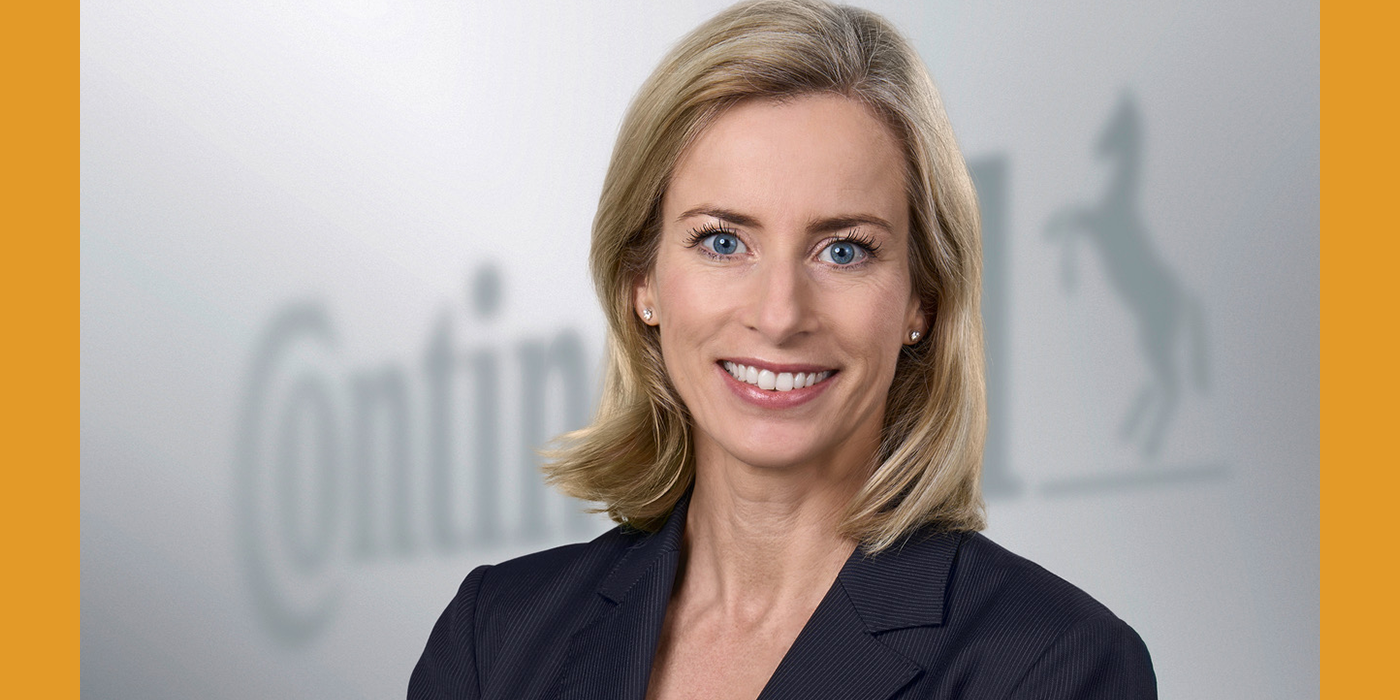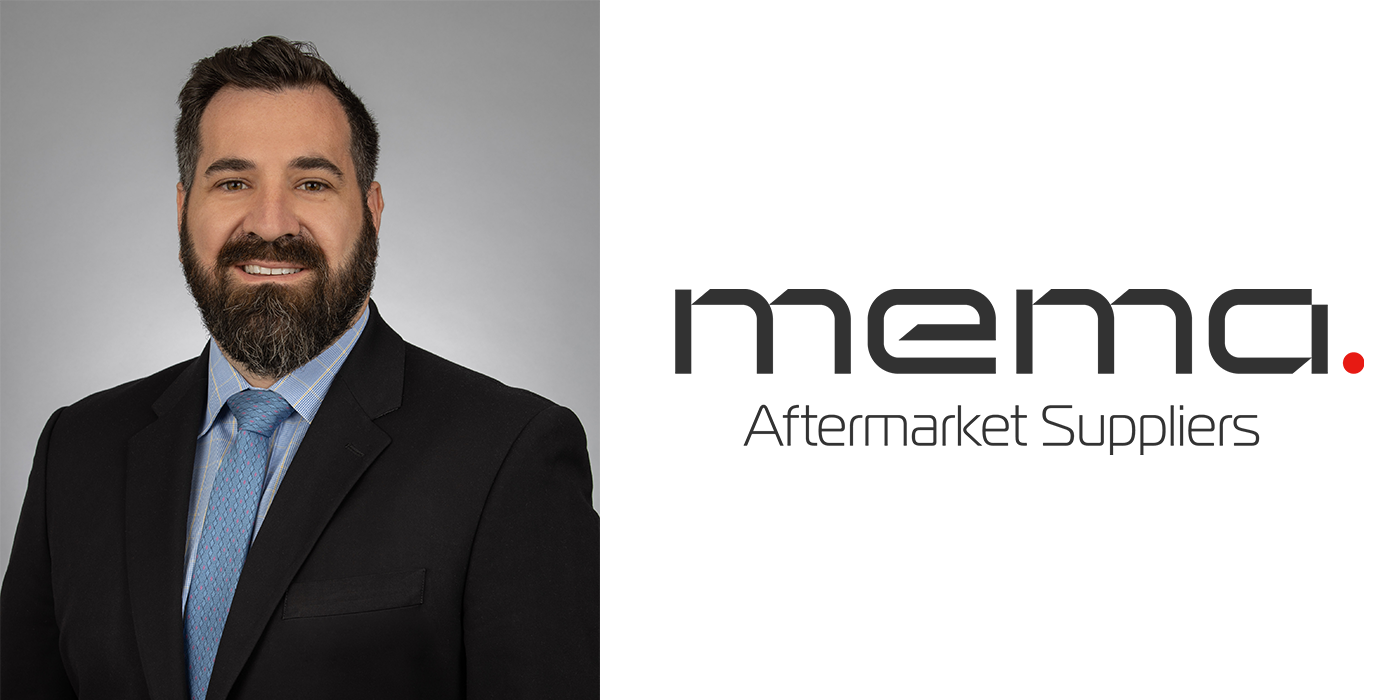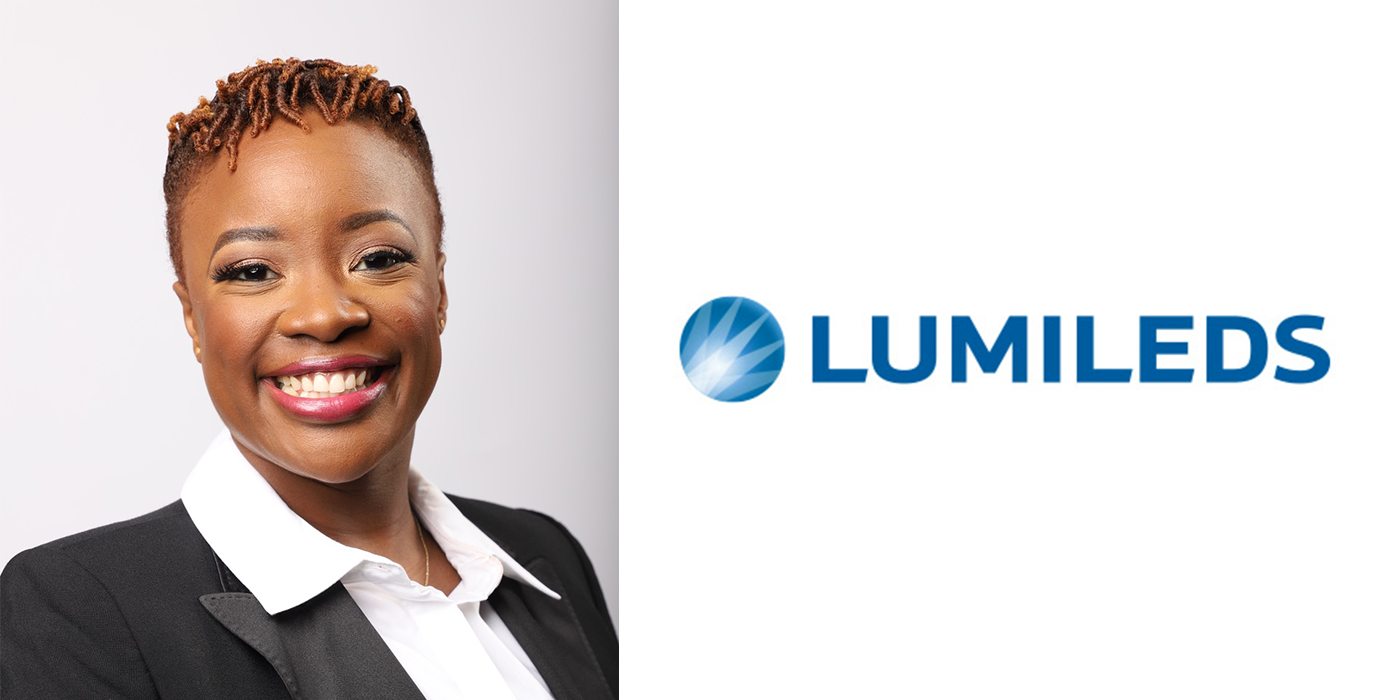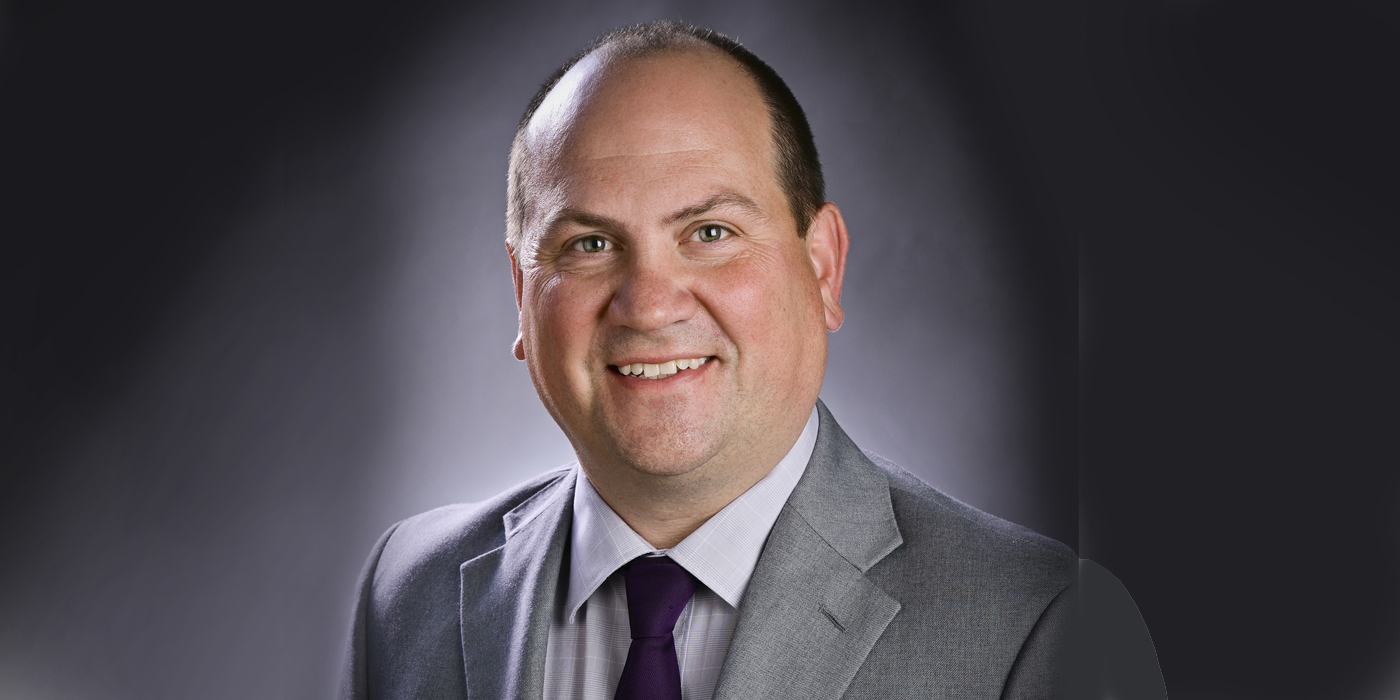 Q: How important are service and customer care after the sale of a vehicle?
Q: How important are service and customer care after the sale of a vehicle?
PC: Our business is dependent upon retaining every customer we have. We think we’re doing a tremendous job at General Motors at putting the best cars out in the market that we ever have.
However, great products are quickly forgotten if the service and care of those customers is not realized.
From the top to the bottom of the corporation, the ownership experience is of utmost importance, as it’s never been before, and certainly in my 25 years with General Motors. We put a focus on it more than anything else today. I believe the difficult times in the automotive industry over the last couple of years have demonstrated not only to General Motors Corp. but our dealer network and to our ACDelco brand, which supports the independent aftermarket, that service is absolutely paramount to success.
We say in our business that it starts with buying a car, but that’s a small part of the ownership experience. It’s the time between the sale when we have to excel as a company.
Our primary role with ACDelco is to recognize that as vehicles age, customers tend to seek many different sources to repair their vehicles. Obviously at General Motors, we have an extremely strong GM dealer network, which takes care of the customers. But, consumers have choices. We want to make sure that if a customer chooses not to go to their dealer for service, then they have a high-quality alternative for making sure high-quality parts are installed on their vehicle. We want to make sure there are trained technicians who understand how to fix a car appropriately and properly and keep it in a high-quality state of repair.
Therefore, we feel the aftermarket is an extremely strong part of the business. We recognize that, and we intend as a company to support it, so that at any point in the lifecycle of the vehicle, the consumer has a choice to get their vehicle serviced in a high-quality manner.
Q: Are consumers less married to vehicle brands these days?
PC: Loyalty is not a strategy. What we have to have are exciting products, leading-edge products. We need to make sure people are making decisions based on the reputations of the brands and what the brands stand for. I think it comes down to a host of variables that people consider. Loyalty is really earned. The fact that your family and circle of friends may buy a particular vehicle — certainly that always influences people, but that’s just one variable. The ownership experience is critical. The tremendous styling and attractiveness of the product is absolutely fundamental. In the car business, product is everything, but it’s quickly won and lost if you don’t do a great job on all the rest.
How we communicate and engage our customers in social media, how we take care of them, what tools we use to make sure we are constantly fulfilling their needs — it’s a holistic business. It all starts with product and General Motors has never had a better portfolio — Car of the Year with the new Chevrolet Volt; we’re North American Truck of the Year with our heavy-duty Silverado. That is recognition that we’ve got the best product. Our JD Power ratings are through the roof, relative to quality and reliability, purchase satisfaction and service satisfaction. But we’re not resting on our laurels. That to me will keep our consideration high. Consideration is going to be won and lost based on the treatment during the selling process, the care after the sale of the vehicle and the quality, reliability and durability that, quite frankly, we’ve never been at a better rating. It’s a complex and holistic business and I think we’re running on all cylinders right now. Every new product that comes out is just raising the bar.
Q: GM was ahead of the game with OnStar. How are those types of technologies going to shape the car of the future?
A: With telematics, you’ve got to give credit to the leadership of General Motors, which 10 and 15 years ago felt connectivity to the car and more importantly, connectivity to the customer, was going to be a real differentiator.
How is OnStar changing the game? OnStar provides total piece of mind in terms of safety and security. For all of us who are parents and have family and friends, OnStar provides you the comfort that should anything happen, your vehicle will alert health officials and/or the police will be notified immediately, without delay. Some companies advertise that if you get into a crash, their blinkers will go on and your hazard lights will come on. We make sure a driver is responding. If you’re not responding, we are calling health officials. We can pinpoint your vehicle. It provides you a piece of mind, relative to where your vehicle is; if it’s stolen, we can disable the vehicle immediately. We have a host of features that will give you total navigational services and a host of services related to where you’re going.
I think we’re just starting. We’re providing total maintenance and care reminders to our customers so that their vehicles are properly maintained. We notify you when something needs to get done.

